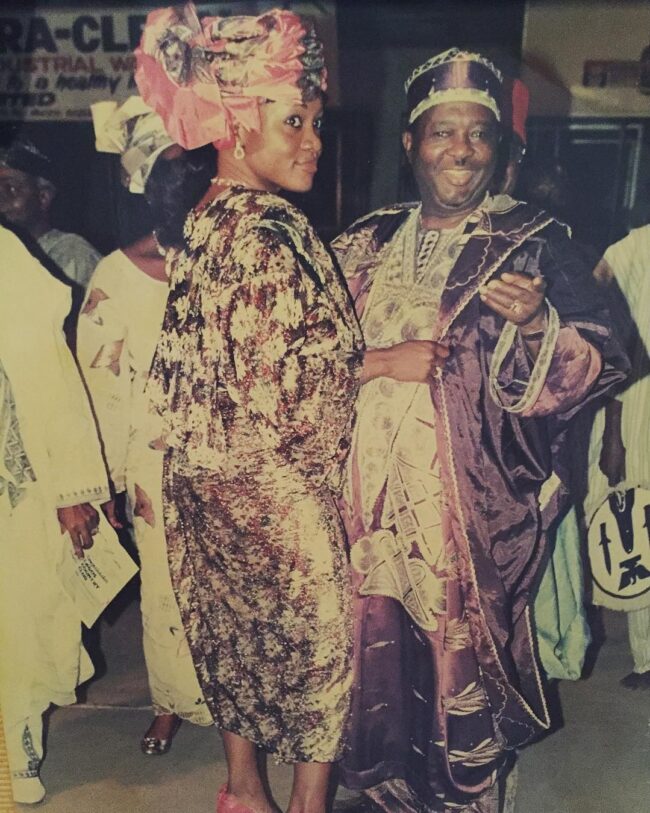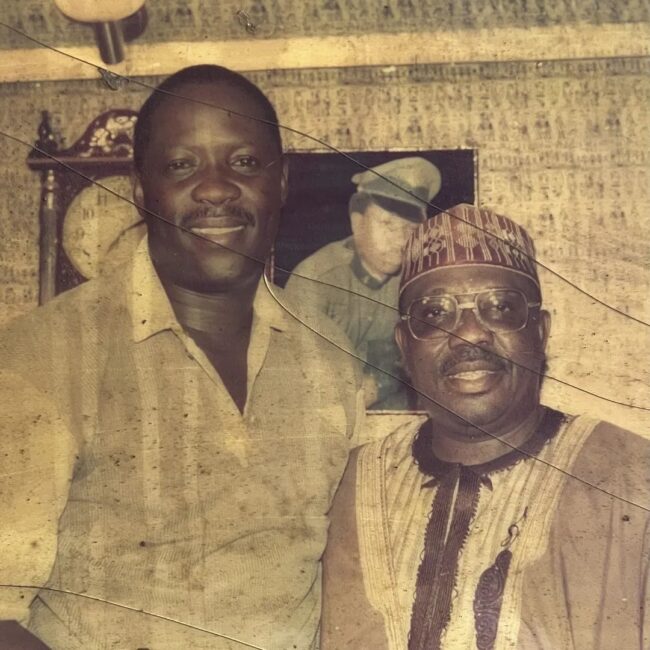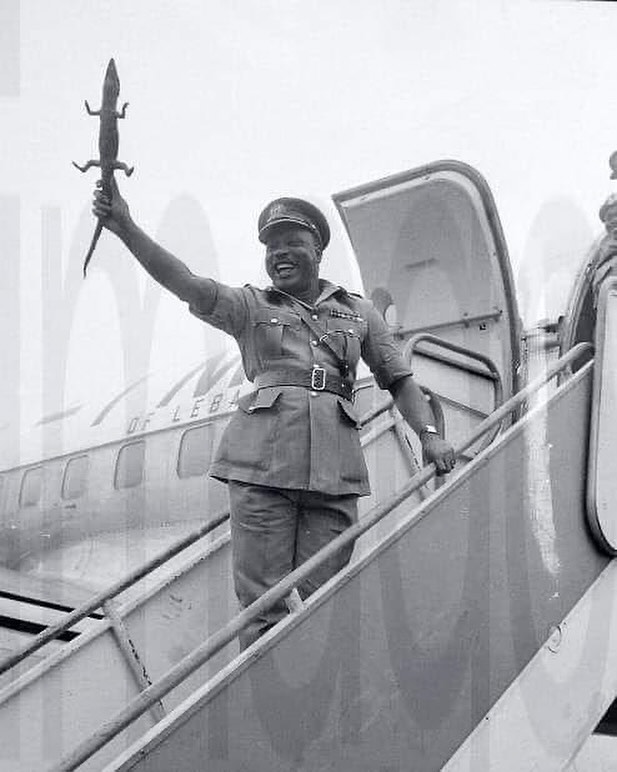As the fifty-first Ooni of Ife, one of the most prestigious traditional titles in Yoruba culture, Alayeluwa Oba Okunade Sijuwade, CFR, took the throne. With his coronation, a lineage that stretches back generations to Oduduwa, the Yoruba people’s fabled founder, was carried on. Prominent luminaries attended the great ceremony, which was held in Ile-Ife, the spiritual center of Yoruba country, demonstrating the event’s cultural significance. The attendees, which included the Olu of Warri, the Oba of Benin, the Amayanabo of Opobo, and the Emir of Kano, demonstrated the solidarity and respect across Nigeria’s various traditional institutions. The event was attended by representatives of the Queen of the United Kingdom, highlighting its significance on a global scale. Oba Sijuwade’s reign lasted for 35 years, during which he played a crucial role in promoting Yoruba culture, encouraging inter-ethnic harmony, and strengthening relationships amongst traditional rulers across Nigeria and abroad. His coronation continues to be a significant event in Nigerian traditional leadership history, demonstrating the continued significance of royal institutions in modern society.






